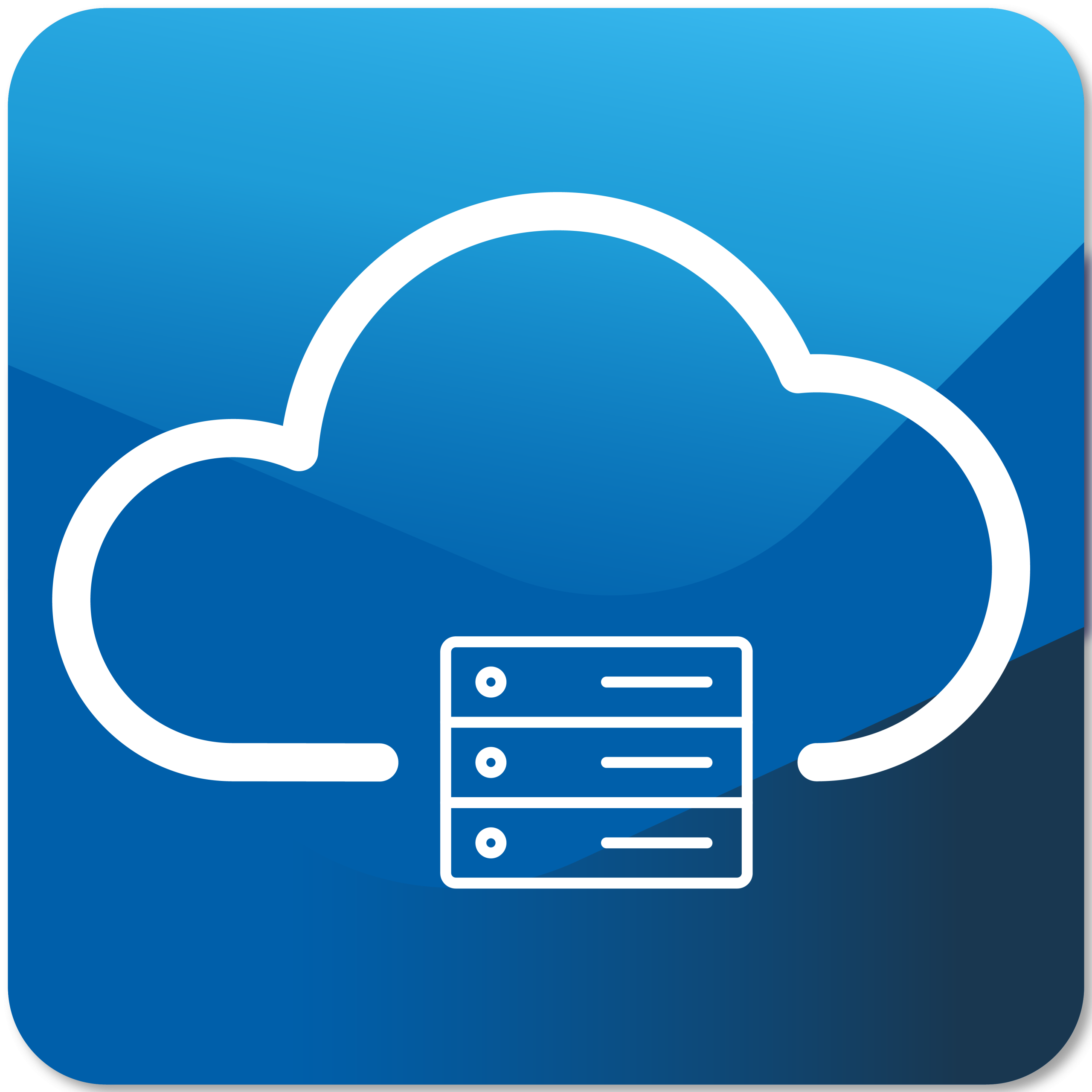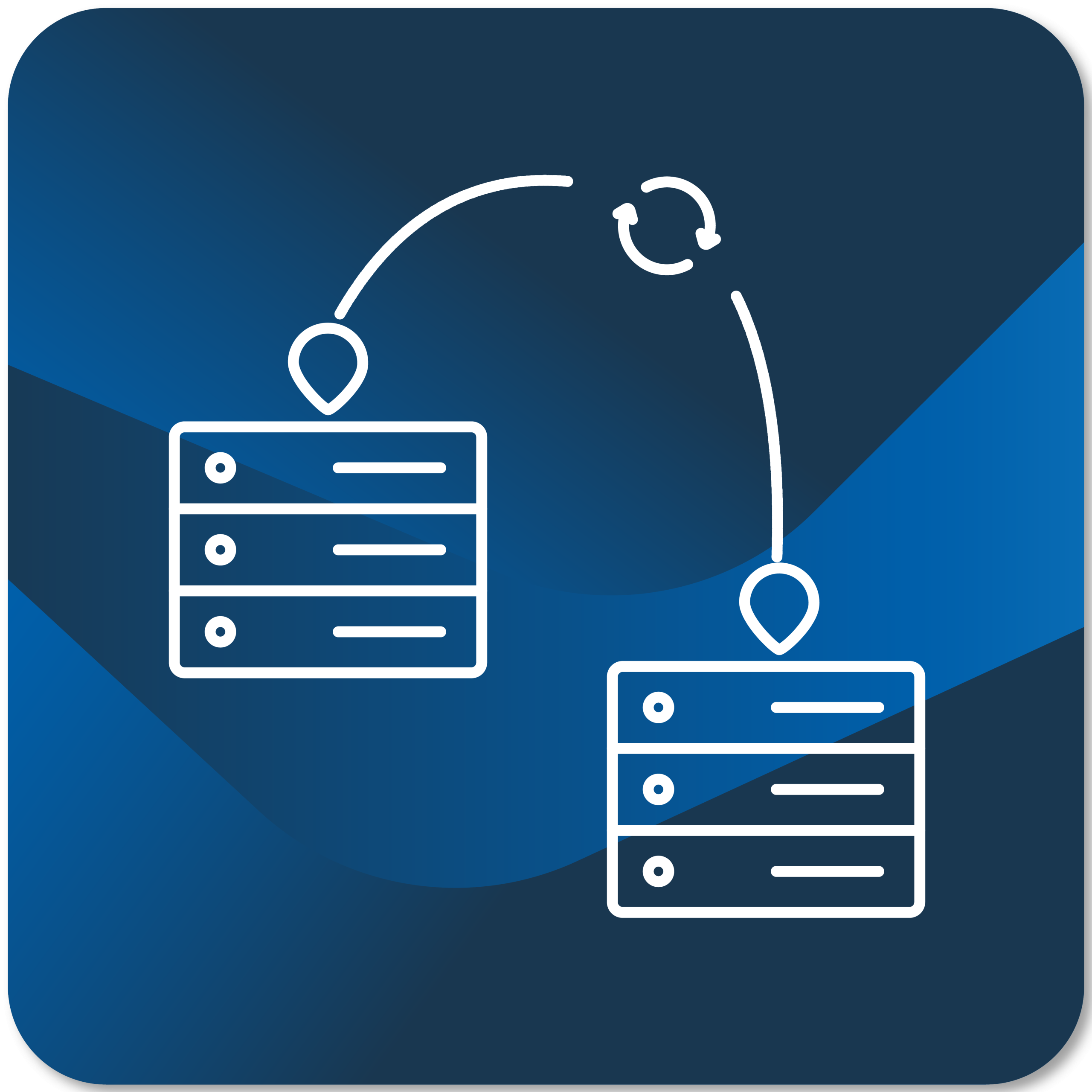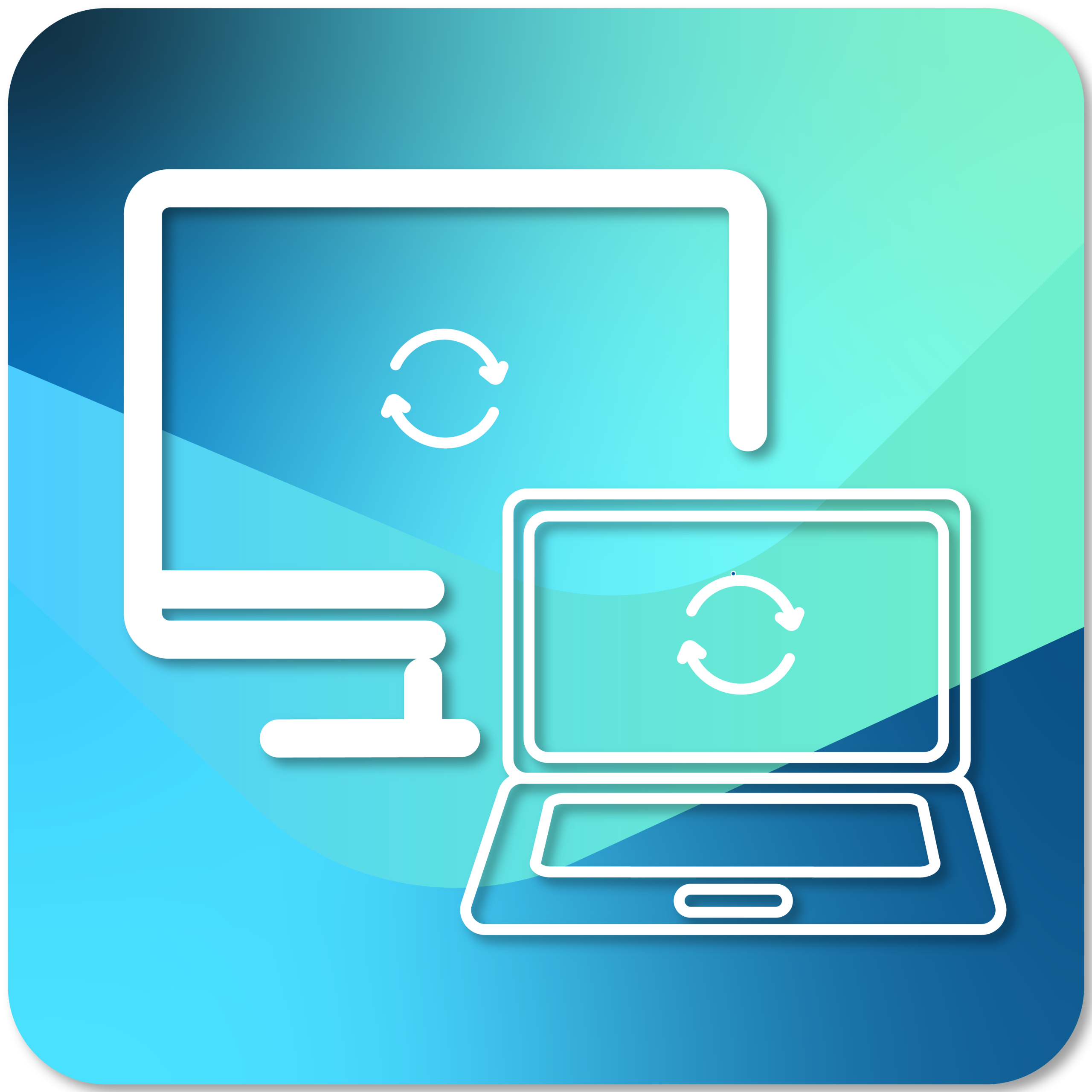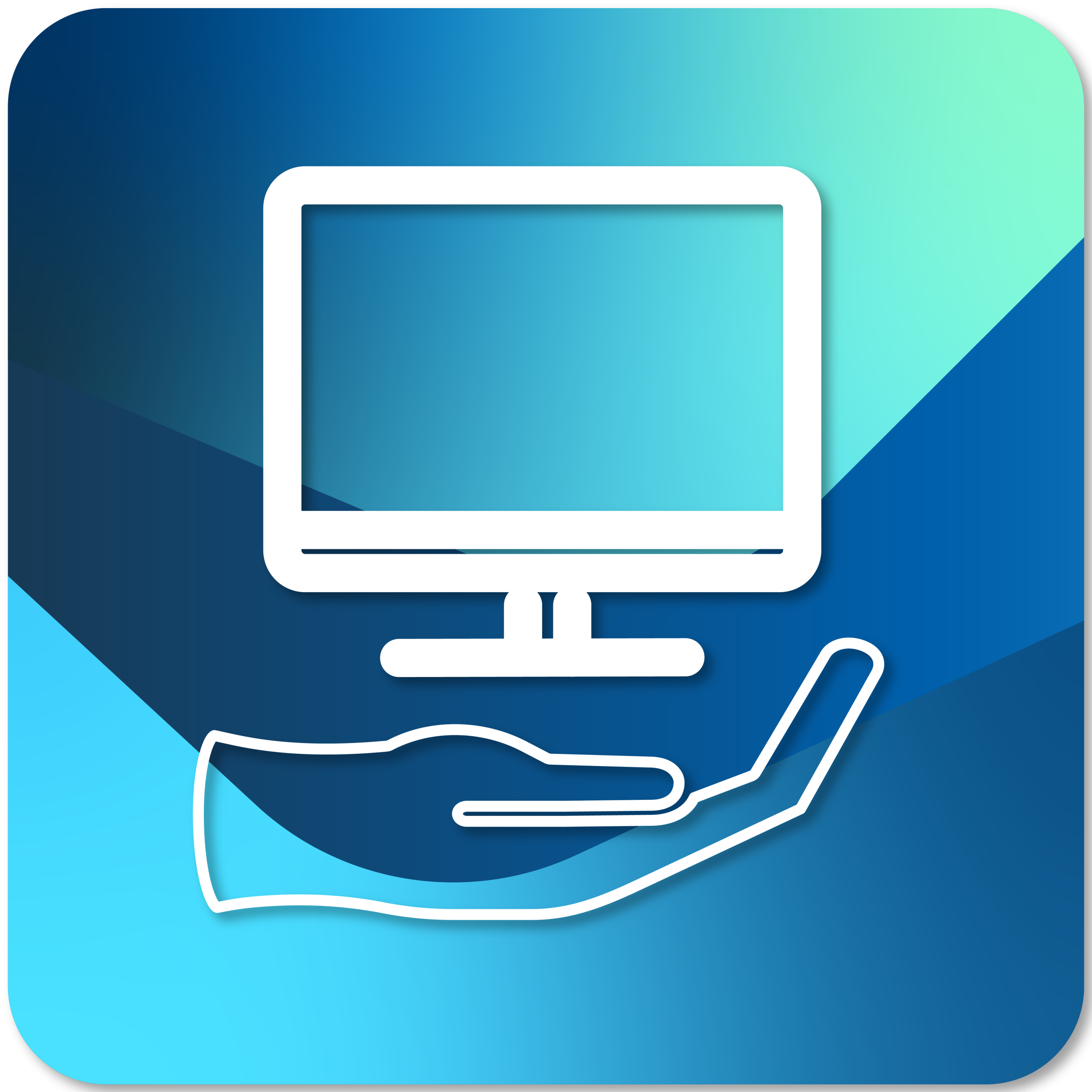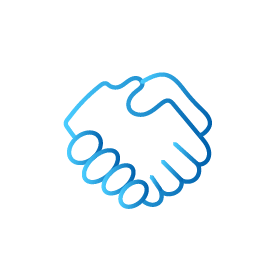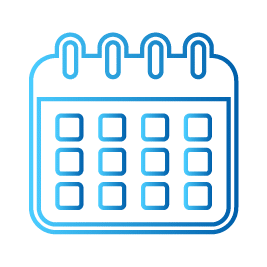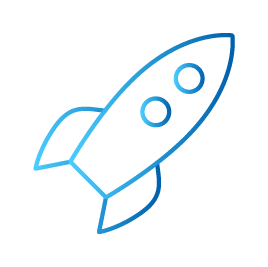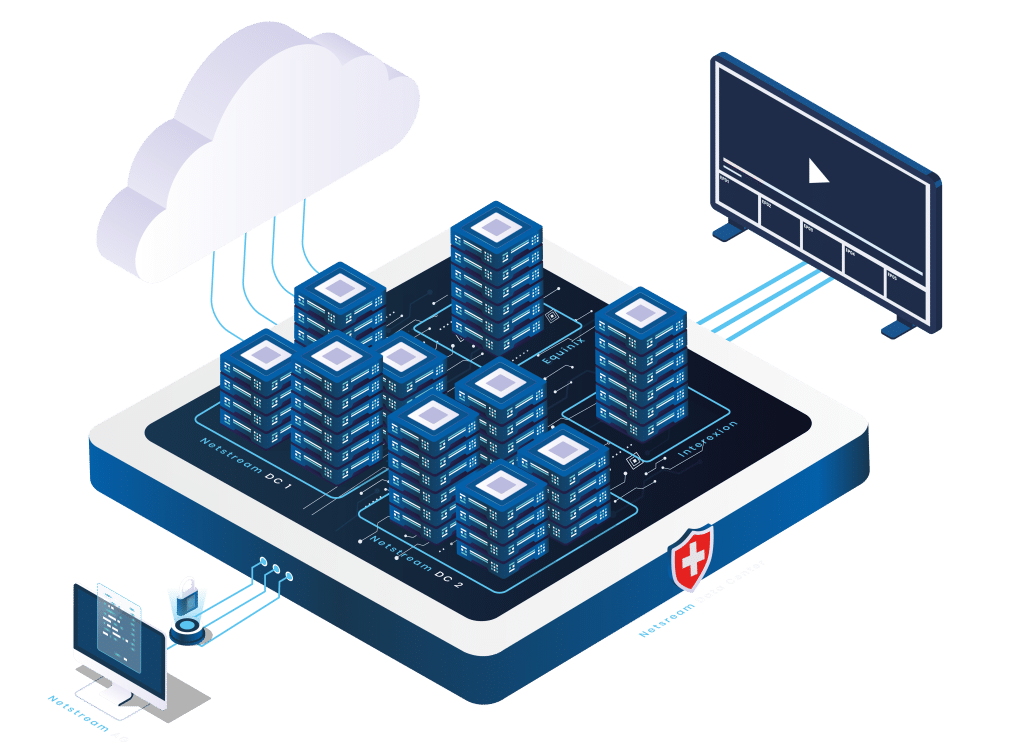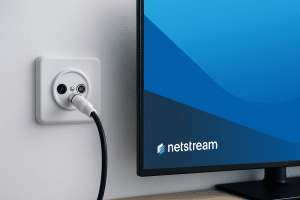We make around 20,000 decisions every day. Fortunately, most of them are rather trivial. But in the new agile-learning Netstream , leadership is distributed and we are now increasingly making important decisions. But what does it actually mean to make decisions?
By taking the step towards an agile-learning organization, Netstream AG wants to distribute leadership and respond flexibly and reactively to market requirements. As we all know, "marketing" comes from "market". So how could I, as a marketer, reject a system that aligns its entire structure with the market and where I am even allowed to make decisions? I have been eagerly awaiting the transformation since the new management system was announced.
A good five months ago, I was transformed into the "Cloud" business unit together with four colleagues. The Cloud is the direct link to the market and customers and is responsible for the portfolio and the implementation of solutions. In our circle, we have distributed the leadership among all colleagues. This means that we no longer have to wait for decisions to be made from "above", but that the competence lies directly within the circle within a given, configurable framework. That sounds heavenly, doesn't it? Although I already had to make some decisions in my area of responsibility before, I am now faced with the challenge of co-deciding on new issues in an economically oriented way. The word "decision" takes on a whole new meaning.
Daily decision mass
Every day, we make around 20,000 decisions. Most of the time, decisions happen not only at record speed, but also extremely unconsciously. It starts early in the morning, when I decide at short notice to press the "snooze" button on my alarm clock, then continues at some point in front of my closet and extends to the coffee machine in the office, which is no help with its large selection. Even the decision to follow habit is also a choice. Fortunately, most choices are trivial and don't involve big causalities - at least not significant ones. But there is no end to making decisions in everyday work. They should be made as wisely and efficiently as possible and, of course, always with an eye on profitability.
We are influenced by feelings and fears
With every decision for something, however, we simultaneously exclude a multitude of alternatives. As a result, every decision is also connected with a loss (against what one has decided in the end). We tend to be far more preoccupied with the loss and mourn it than rejoice over what we have decided. Thus, out of fear of loss, we make decisions that promise us short-term reward. However, we should not let our fears get in the way. Feelings also spark our decisions. So we should be aware of them and still not mutate into robots in everyday life.
Decisions have a long-term effect
But often decisions also have a rather long-term impact. That doesn't really simplify decision-making - I know. We have to make a decision in the here and now, but we only see its effect in the future. Sometimes we are talking about years that can pass until we reach the goal. So we always have a certain level of knowledge with which we try to make the best possible decision and we always make assumptions to some extent - we are not clairvoyants.
The decision
If we consider what we have written above, it no longer seems so easy to make decisions. So now we are supposed to make decisions as efficiently as possible and for the good of the company. We are influenced by various feelings or fears. Many of the decisions are quite long term and probably involve causalities. In addition, we have the urge for perfection.
But now comes the genius of agility: We are allowed to adapt and improve decisions! Because on the way to the goal, we gather more information and sometimes encounter difficulties. These experiences always make us a little smarter and enable us to improve the path to the goal a little. In addition, we strive to be self-reflective. Self-reflection would certainly need its own blog post right now. At its core, it's about being aware of what feelings and fears surround you before making any decision, expressing them, and finding a solution. This is where the very rigorous decision-making process we work with helps (more on that in a new blogpost sometime). In the end, we strike a new path and get a great chance to be part of the solution.
Conclusion
It is certainly not easy to make all the decisions in the team and also to support them. But the good thing is that we all feel the same way. What's more, we all have the same goal. We all want to work in a market-oriented and agile way and make and support decisions together. So I can't reject a system that is aligned with the market and in which I have a say in the decision-making process. We have taken the first step and already made the most important decision - we want change and we are on board! Now comes the learning process, many more decisions, feelings and fears, coupled with a healthy dose of courage.
You can read more about this process in the "Organizational development" section
